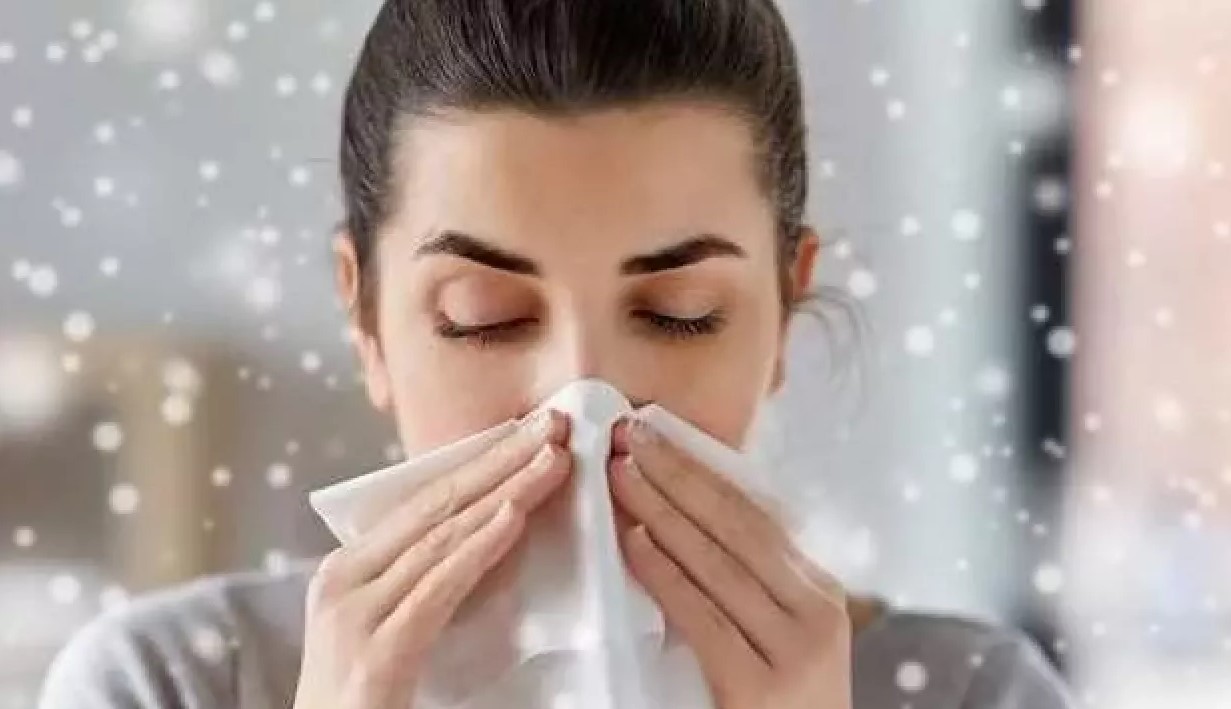Therefore, you must be suffering from a cold. You may be struggling with winter allergies. These allergies, largely caused by dust and fungus trapped inside, have the same signs as colds and are treated with the same treatment. What’s the gap? Fever can continue for around one week, but winter allergies can last considerably longer.
Fear of winter allergies and certain prescriptions:
People like to live these days indoors. And their concern during the last 30 years to make their indoor environment germs free. So this all happens just because of fear of allergy. So in this specific article, we talk about winter allergies. Winter allergies are mostly indoor allergies. Wet weather and cool nights keep us indoors in the winter. Many homes are constructed tighter, with higher insulation and fewer draughts, and our doors are closed; This is beneficial in terms of energy conservation, but it may cause allergic issues. Winter, in effect, traps us in our houses with our allergies, and greater exposure can enhance symptoms.
Here are some symptoms of winter allergies:
- Sore, puffy eyes
- Hyperpigmentation if you have allergic asthma beneath the eyes
- A tight or messy nose
- Sniffling
- Wheezing
- Skin irritation
- Lightheadedness
- Nasal congestion
- Throat irritation or soreness
- Sniffling and loss of breath are possible side effects.
Types of winter allergens:
Despite how regularly we clean, this list consists of some of the winter allergies we’ve discovered in our houses:
- Hair with animals
- Dirty bugs (dust mites)
- Stinky cockroaches leave behind feces and eggs
- Rodents that seek refuge from the cold carry hair, droppings, urine, and parasites with them, which can cause allergy problems.
Some people have high defense power and fight against winter allergies, but some antibodies can’t defeat them and lead to sickness.
Is your animal allergic in winter?
Many allergy sufferers maintain their pets, but their symptoms intensify in the winter due to constant contact with animals and their hair. Fur is not the cause of allergic responses, contrary to common perception. Dander is a protein settling any mammal with skin, saliva, and urine with fur or feathers. Pets shed dander when they groom, scratch, and move about, settling on couches, beds, and floors. The most common allergies are cat allergies, but dog allergies may increase due to their thick winter coats.
Do you have itchy feet?
In the cold weather, some individuals experience signs of a feet allergy. Because they lack sebum production, feet are already dehydrated. When cold, dry air, low humid conditions, hot baths are paired with insufficient hydration, your feet might react to winter as an allergy cause. The skin becomes reddish, thin, scratchy, and peels or cracks, making it painful on its own. It might also signify “atopic dermatitis (AD)”, an inflammatory skin condition brought on by the winter cold and contact with the factors already described.
Following are some tips for treating them:
- Extra hydrating; apply a thick moisturizer, and sleep in socks.
- Take showers in cold water to prevent skin from losing its sebum.
- Consume good foods to help your skin’s protective layer.
- To nourish the skin, stay hydrated.
- If dry air is a trigger, use a conditioner. Wash your feet carefully regularly to remove dead cells.
- Removing dry patches should be avoided.
- Wear shoes that are comfy and enable your feet to relax.
What is the best way to get rid of my winter allergies?
- Cleaning and brushing should be done regularly, especially under and behind objects.
- Reduce the amount of dust-attracting material; use concrete flooring instead of carpeting, and get rid of any ornamental cushions or blankets.
- Reduce dust mite exposure by using hypoallergenic coverings on beds and pillows.
- Wash curtains and pillows in lukewarm water regularly.
- In your HVAC system, use superior air purifiers and smooth them frequently.
- Contact an operator if you see any symptoms of infection. Right once.
- To avoid bringing bugs, keep food well surfaces clean.
- Keep an eye out for cracks and fungus in wet areas; don’t let fungi take hold.
- Pets should be cleaned or bathed regularly.
- Wash your pet’s bedding regularly.
- Don’t let in your dogs or cats.
- Keep your HVAC air conditioners clean and free of germs by using a filtration system in addition to your HVAC air filters.
- To reduce dust and dust allergens, keep objects clean; care about children’s toys.
As we discussed above, these winter allergies work differently on different individuals, and in the case of children, they are too wild and get worse on them.
So here are some tips for getting your children away from winter allergies:
1. Winter Allergies are frequently indicated by coughing, an itchy nose, sore throat, and eye irritation with redness. Allergies cause nasal discharge, similar to a cold, except clear and runny. The natural liquid release is heavier and yellow or green when you have a cold.
2. Winter allergies can affect children aged 3 to 5. Pet dander and allergies, for example, in this case, can cause winter allergic reactions. Adults can overcome winter allergies, or they might stay with them for the rest of their lives.
3. Mom or Dad’s winter allergies are frequently passed down to their children. The only problem is that they aren’t always sensitive to the same stuff. You carry the capacity to become allergic, not the exposure to specific allergens.
4. Even if your kid appears to be getting better, you should provide winter allergy medicine or nebulizer to them during the dormant season.
5. The best remedy for winter allergies is to avoid them, but this cannot be easy when the cause is in the air. There are measures to limit your kid’s dust intake. Pollen levels in trees and bushes are highest in the mornings, so plan your external actions for the evenings if at all can. Also, while your kids play outside, have them use eyeglasses to avoid uncomfortable, inflamed eyes.
6. Asthma can develop in children with winter allergies. When winter allergies aren’t managed properly, they can trigger asthma attacks, resulting in sneezing, breathing, and respiratory problems. Start controlling your child’s allergies as soon as you detect they’re bothering them. Contact your medical physician as soon as things get out of hand.
Conclusion:
We concluded this article by saying that every person can get winter allergies if we don’t properly pay attention to our daily routine and follow the prescriptions. Take care of your hygiene and also raise awareness about winter allergies. Stay clean, stay safe.







